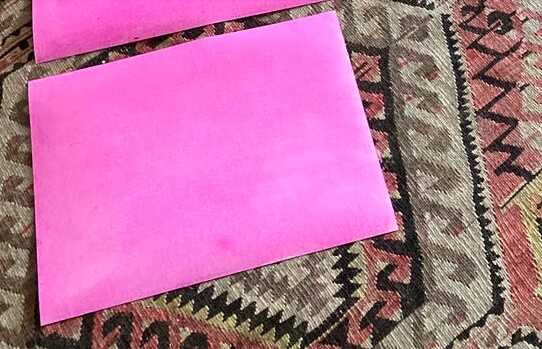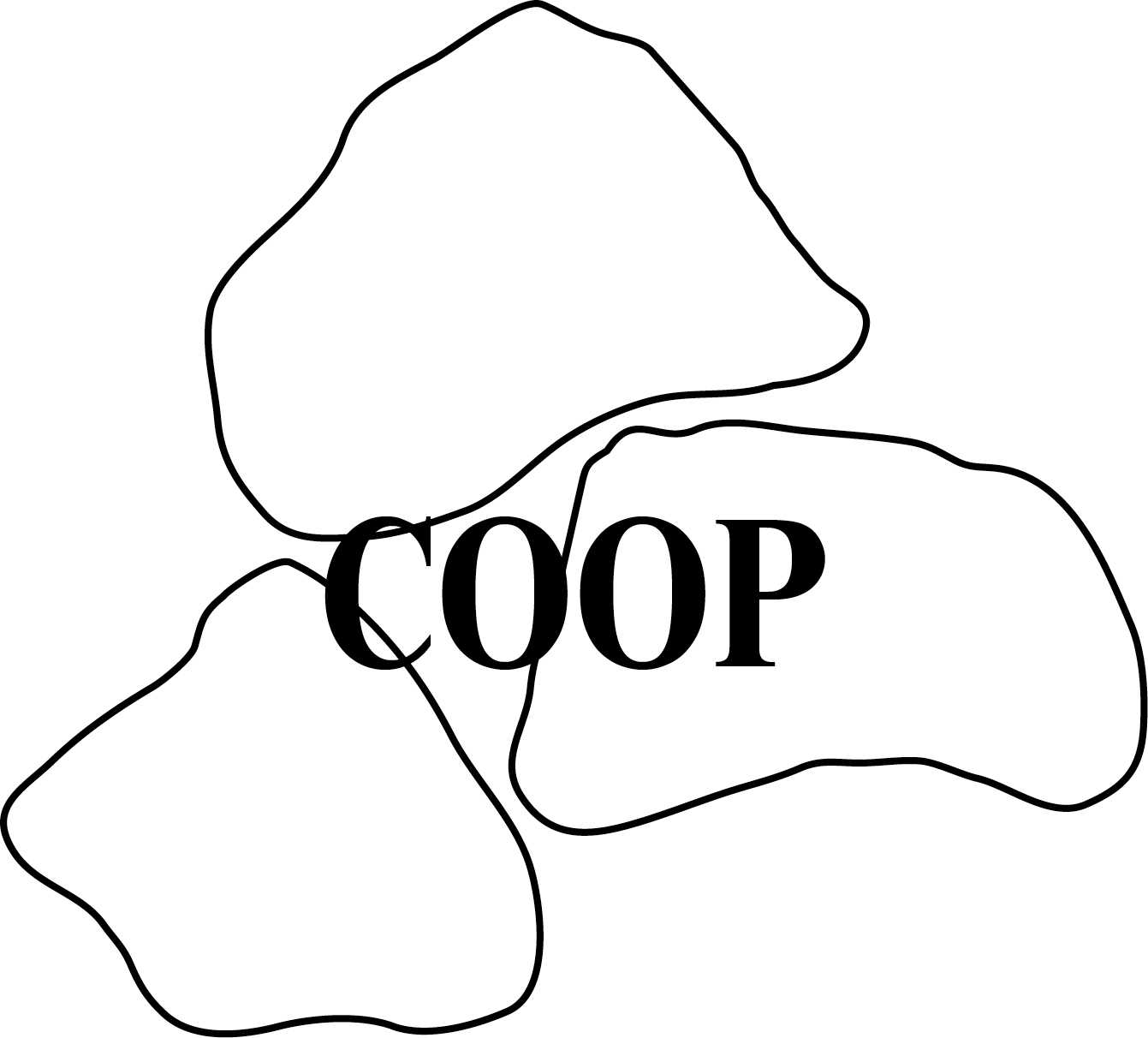2023-2024 COOP study group ~ The Word and the Wound
Tutor team:
Guests:
Partner Institution:
If I Can't Dance I Don't Want To Be Part Of Your Revolution
Student participants:
Ania Yilmaz, Ariell Zéphyr, Cristina Ramos González, Elif Cadoux, Helena Estrela, Lisa Vlamings, Maria Miguel Pratas, Sam Mountford, Seán Bean, Stephen McEvoy, Tereza Darmovzalová, Valeria Moro, Yi-Hong Wang (Hong)
Student led reflection:
Program:
Introduction to the program:
In the study group The Word and the Wound we aim to reflect on practice and its roots in everyday life. The “word” is synonymous with work; the "wound" denotes an environment. In this sense, the title is open to different questions about the relationship between artistic practice and context.
In the book Love Hate Reparation, a classic reference for psychoanalytic theory, Melanie Klein and Joan Riviere attempt to find a language for the contradictory feelings that accompany the child at the moment of separation from the mother's breast. These opposing feelings, such as hate and love, cannot coexist in the child's psychic process. The child begins a formation of a language, seeking an autonomous relationship through a process of repair. The reparation process is not to be perceived solely as a form of healing or acceptance. It is an engagement with what surrounds us, in an attempt to create new meanings.
This form of ‘work’ can be viewed in connection to what we can call the creative process. But what is creation? How actually do we initiate a process of creation? Where do we find the cracks of pleasure, salvation, and relief in the invisible and complex textures of our relations? How do we form, and how are we formed by, daily life?
There are various literary and spiritual traditions which give an account of the different understandings of creation. In her work Words to write it. The Word and the Wound, the Italian feminist Wanda Tommasi writes about the practice of writing as a process of symbolic creation that leads to repair. Writing (read: working) as a process that gives insight into forms of invention in which relationships of conflict, both personal and intergenerational, are transformed and in which difficult terrain can become a site for gaining freedom. Writing (read: working) is both, an intimate conversation with one’s own fragility, as well as an ongoing negotiation with inherited collective histories and harm. Are there crossing points between the macro and micro perspectives within which we situate our actions, within which we search for meaning? What do we value (the art system still has difficulty with value) and how do we create time for meaningful encounters in our art practice and in our everyday life?
A way of working (together):
All these questions will be reflected in our way of working together.
Our intention is to work together as a study group during, and importantly, also in between the DAI-confluences. Through each of us developing our own daily practice, we can stay (mentally) connected.
All participants, including we as tutors, are encouraged to take the study group as an opportunity to think about practice. Practice that preferably takes on a daily work-rhythm but can take any other form: key is that it is about finding sustainable methodologies through which we, each in our own way, enable ourselves to (continue) work(ing). It is about finding methods that are tenable, bring pleasure, and that one can keep up with.
The way we interpret collaborative work is about developing a consciousness about, and an articulation of, the cultural/historical/social networks one is operating within and is formed by, that one wants to learn from, exchange with, and contribute to.
- First gathering
We will start the study group with a day dedicated to presenting our practices to each other, so we get to know (aspects of) each other’s work.
- Each DAI-gathering
During each DAI-confluence we want to reserve ample time for individual one-to-one meetings and for collective gatherings reporting back to each other about finding out what you need to be able to work, to find the courage to work. In these meetings we can share what we have been doing, what was our plan, where we deviated, what worked, what not and in doing so nourishing a constructive dynamic between individual practice and collaborative work.
- Final presentation
We imagine the final public presentation to be a group exhibition, or another format that allows for all voices within the study group to resonate.



